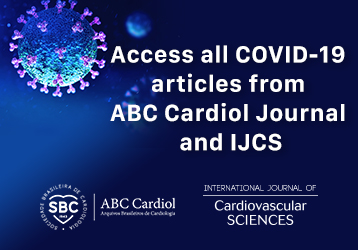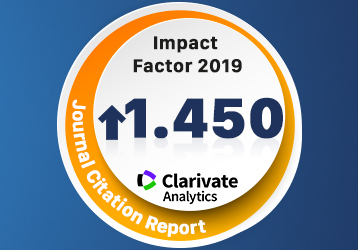Volume 113, Nº 2, August 2019
DOI: http://www.dx.doi.org/10.5935/abc.20190124
ORIGINAL ARTICLE
Quality of Intra-Hospital Nutritional Counseling in Patients with STEMI in the Public and Private Health Networks of Sergipe: The VICTIM Register
Ticiane Clair Remacre Munareto Lima
Danielle Góes da Silva
Ikaro Daniel de Carvalho Barreto
Jussiely Cunha Oliveira
Laís Costa Souza Oliveira
Larissa Andreline Maia Arcelino
Jeferson Cunha Oliveira
Antônio Carlos Sobral Sousa
José Augusto Soares Barreto Filho

Abstract
Background: Having appropriate dietary habits is part of the recommendations after ST-Elevation Myocardial Infarction (STEMI), however, the quality of intra-hospital nutritional counseling in the different health services has been minimally explored.
Objective: To evaluate the quality of intra-hospital nutritional counseling among patients with STEMI in the public and private health systems in Sergipe. Methods: A cross-sectional, with data from the Via Crucis for the Treatment of Myocardial Infarction (VICTIM) Register, conducted from April to November of 2017, with individuals aged ≥ 18 years diagnosed with STEMI, in one public health service hospital and three private hospitals. The occurrence and quality of nutritional counseling were analyzed based on current guidelines and the administration of questionnaires. A significance level of 0.05 was adopted.
Results: A total of 188 patients were analyzed; 80.3% were from the public health service facility. Among the interviewees, 57.6% of the public health service, and 70.3% of the private hospital patients received intra-hospital nutritional counseling (p = 0.191). The documentation of this practice, in medical records, was lower in the public service (2.6% vs. 37.8%, p < 0.001). A predominance of restrictive orientations was found in the public and private sectors, mainly regarding salt and fat, 52.3% and 70.3% respectively (p = 0.064). Patients from the private service were more counseling to introduce of cardioprotective foods, mainly fruit, vegetable/legume consumption (48.6% vs. 13.2%, p < 0.001). Among those who received counseling, nutritional knowledge was higher in the private sector (68.2% vs. 26.3%, p < 0.001).
Conclusion: The intra-hospital nutritional counseling provided to patients with STEMI, in Sergipe, still presents poor quality in both services, especially in the public health system. (Arq Bras Cardiol. 2019; 113(2):260-269)
Keywords: ST Elevation Myocardial Infarction; Health Education/methods; Healthy Diet; Risk Reduction Behavior; Healthcare Disparities; Nutritional Support; Hospitals,Public; Hospitals, Private.















